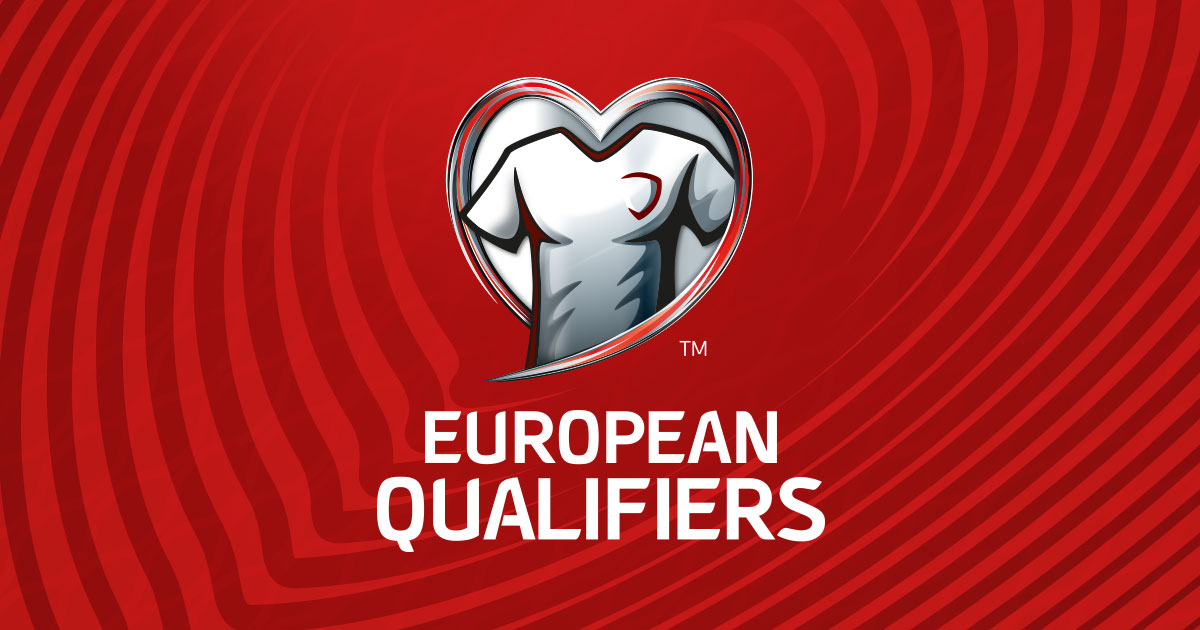
Football fans the world over were in for a shock on 18 April. The night before UEFA was set to revamp their Champions League format for the 2024-25 season, the president of Real Madrid, Florentino Pérez, announced plans for the European Super League.
The idea had been around for a while. Behind closed doors, executives had built a base of participating teams, settled on a competition format, and even accrued massive funds from giants like JPMorgan Chase. The mythic Super League finally existed.
The driving force for participating clubs was largely financial, with a peripheral emphasis on elevating European club soccer. With budding interest from other regions, including the US and China, there was pressure to create a ‘crème of the crop’ tournament.
The move makes sense in a business sense. Sports fans who previously held little interest in soccer are now starting to pay attention to La Liga, the Premier League, and others. Sportsbooks have fostered this interest; for example, one FanDuel promo code offers newcomers deposit bonuses.
Given sportsbooks have been active throughout Europe for a longer time, many popular betting markets in the US focus on domestic leagues and UEFA competitions. Clearly, there’s ample interest in soccer — and the European Super League looked to optimize that on all fronts.
But Pérez’s exciting announcement was quickly met with passionate backlash from FIFA, fans, and players. Within days, UEFA (overseen by FIFA) was issuing threats against clubs and promising to act against them.
It was what the public and many coaching staff and players wanted — but was it right?
A Hard ‘No’ from Players and Fans
The backlash against the ESL had three primary factors. First and foremost, the ESL’s formation was seen as a push for big money. In fact, Pérez was open about his club’s lack of funds following the 2020 season. The ESL would put money back into debt-laden clubs.
But this brought to the forefront issues within European club soccer: it shouldn’t be run like an open market. Many owners have become disconnected from their fan groups; Stan Kroenke was charged with ruining Arsenal, while The Glazer Family and John W. Henry (of Manchester United and Liverpool, respectively) weren’t far behind.
Many saw the move as an ‘Americanization’ of the sport, with Kroenke leading the charge. In a second blow to the ESL, many fans felt that their club was bereft of identity, which had been traded for a chance at big money.
Third, the players themselves pushed back against club owners. Fixture congestion has become a growing issue in association soccer. Additionally, many players felt the quality of the game would be risked if only elite teams faced each other.

UEFA Disciplines Madrid, Barcelona, and Juventus
Clearly, there was little to no interest on the ground in the ESL. In response, UEFA threatened to withhold participating teams from subsequent Euro and UEFA competitions. Though most clubs backed off, Madrid, Barcelona, and Juventus stuck to their ESL plans.
Pérez even led the charge to appeal to the European Court of Justice on behalf of the ESL. He argued that FIFA had a monopoly on soccer, which was used to dismantle the ESL before it could start. The Court of Justice will receive observations until an 18 October deadline.
In the meantime, it’s left soccer pundits wondering how far FIFA’s jurisdiction extends. For all intents and purposes, FIFA does have a monopoly on global soccer — after all, it’s the governing body that oversees all competitions hosted by FIFA.
UEFA president Alexander Ceferin has threatened to take action against all fifteen ‘founding’ clubs, though it’s uncertain how this will pan out. At the moment, Ceferin remains dead-set on punishing Madrid, Barcelona, and Juventus.
From UEFA’s perspective, the ESL compromises the integrity of the existing domestic leagues and international competition. UEFA is, obviously, a pivotal aspect of this existing formation. However, FIFA doesn’t have a clean record itself, with many wondering how UEFA plans to punish ESL defectors when the group faces serious allegations of its own.
FIFA is currently the center of a human rights violation discussion related to stadium constructions for the 2022 FIFA World Cup in Qatar. The group has also been embroiled in financial issues, from significantly lower salaries for female competitors and the 2015 FIFA corruption case.
Read more:








